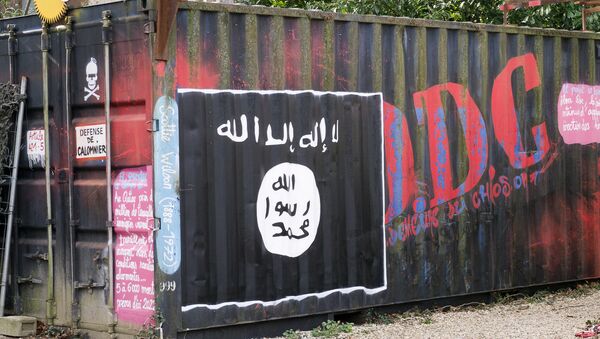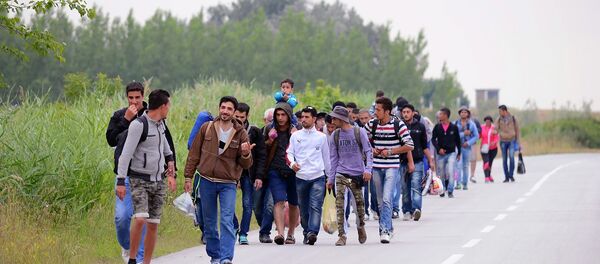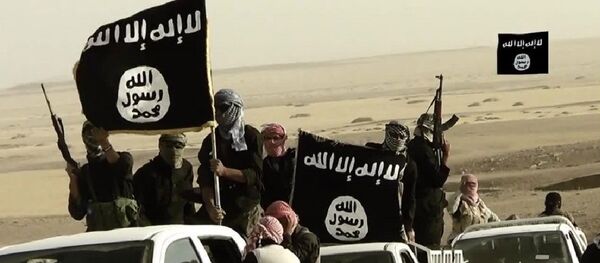The interview came after police arrested five migrants suspected of participating in a fight that resulted in one suspected Middle East migrant dead and another one seriously wounded in the Serbian capital of Belgrade earlier this week.
The country's Interior Ministry said that "a group of migrants had a knife-fight in Kamenicka Street" and that "one person died from his wounds, while another was sent to intensive care."
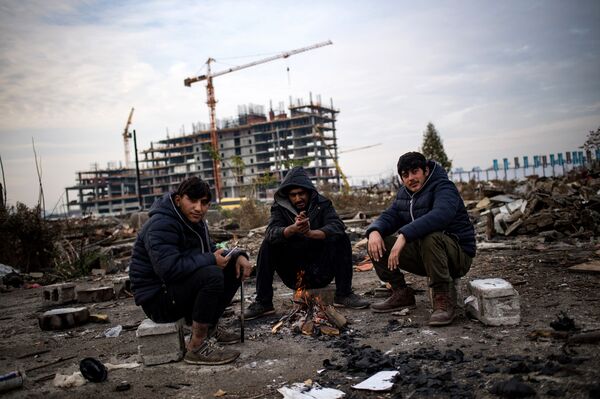
The Ministry pledged an in increase security measures,"especially in Belgrade's parks," after the migrant's death, according to the b92.net news website.
Earlier, Serbian Minister of Internal Affairs Nebojsa Stefanovic said that since the beginning of the year about 110,000 migrants from the Middle East and Northern Africa ha passed through Serbia on the way to Western European countries, while more than 600,000 migrants transited the country in 2015.
Speaking to Sputnik, Milan Pasanski said, for his part, that although the current security situation in Serbia is stable, it may change in the foreseeable future.
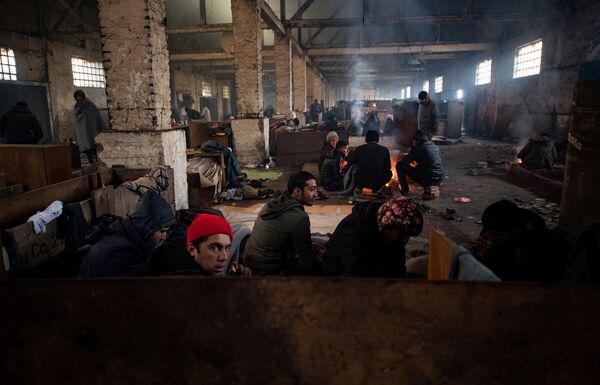
"Citizens are safe and there is no terrorist threat. However, this problem will become more acute after Daesh is finally destroyed. The remaining terrorists will spread across the world and they will, in particular, enter Europe. As for Serbia, it may become a transit country on their way, a very serious problem to be reckoned with," Pasanski said.
He was echoed by Rados Djurovic, head of the Belgrade Center for Protection and Support of Asylum Seekers, who told Sputnik that he was not surprised about the killing of a migrant in Belgrade.
"The real miracle that the murder did not happen earlier because Belgrade is a big city, where thousands of refugees are gathering," Djurovic said citing migrants' bad living conditions in the Serbian capital and a threat emanating from those who illegally transport migrants.
Asked about whether Serbians should fear more incidents of this kind, Djurovic said that they should not panic and simply accept the fact that migrants are a current reality.
Europe is currently facing a major refugee crisis, with hundreds of thousands of migrants attempting to reach affluent EU member states through various routes, including via Italy, Greece, Turkey and Balkan states.
Despite Brussels' attempts to limit the migration influx, many people are still trying to reach the European Union.

